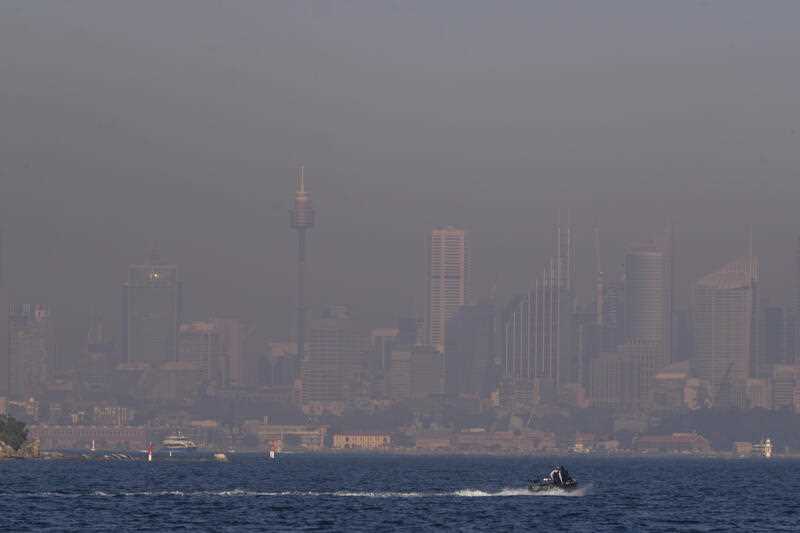The heat is building up along the east coast of Australia, with temperatures expected to reach highs of 10 to 15 degrees above the average in some parts of NSW over the coming days.
Sydney’s CBD is forecast to reach 32 degrees Celsius on Saturday, and a run of at least five days above 30 degrees is expected for the coming week.
Western Sydney will be even hotter, with health warnings in place for vulnerable people.
Inland parts of the state will also experience elevated temperatures in the low 30’s for the next few days.
Brisbane and parts of the NSW north coast will have temperatures in the high 20’s, with the heat expected to ramp up significantly from Wednesday.
Daytime temperatures have climbed to around 10 degrees Celsius above average across central and southern Australia.
The temperature increase is due to changes in the jet stream air current, leaving a large high pressure system stationary over the Tasman Sea.
The Bureau of Meteorology warned earlier this month that spring temperatures will be higher than usual across the country, after Australia’s warmest winter since 1996.
The bureau said the heat will be most prominent across Western Australia and parts of the south-east.
The forecast for the increased heat is in contrast to last year, when Australia had its second-wettest spring on record.
There are wind warnings in place for much of the south eastern coast for Saturday, leading to concerns over the spread of fires.
Fire weather warnings are in place in the NT which has had large fires blazes in recent days, and fire weather warnings are also in place for WA.
The NSW RFS has launched its annual Get Ready Weekend, urging homeowners to take action ahead of an expected horror fire season in the coming months.
RFS Deputy Commissioner Peter McCechnie told ABC News 24 people need to be prepared.
“For us it is about preparing and removing that complacency that has been there,” he said.
“We haven’t seen significant fires in New South Wales since the devastating 2019/2020 fires, but this year we have really high grass fuel loads after some really good growing conditions, right across western New South Wales.”
He said the wet weather of recent months has been a setback for hazard reduction efforts, with the catch-up burns leading to the heavy smoke that’s blanketing Sydney this week.
Beachgoers have been warned that many annual patrols have not yet started, and people are urged not to swim at unpatrolled beaches.



